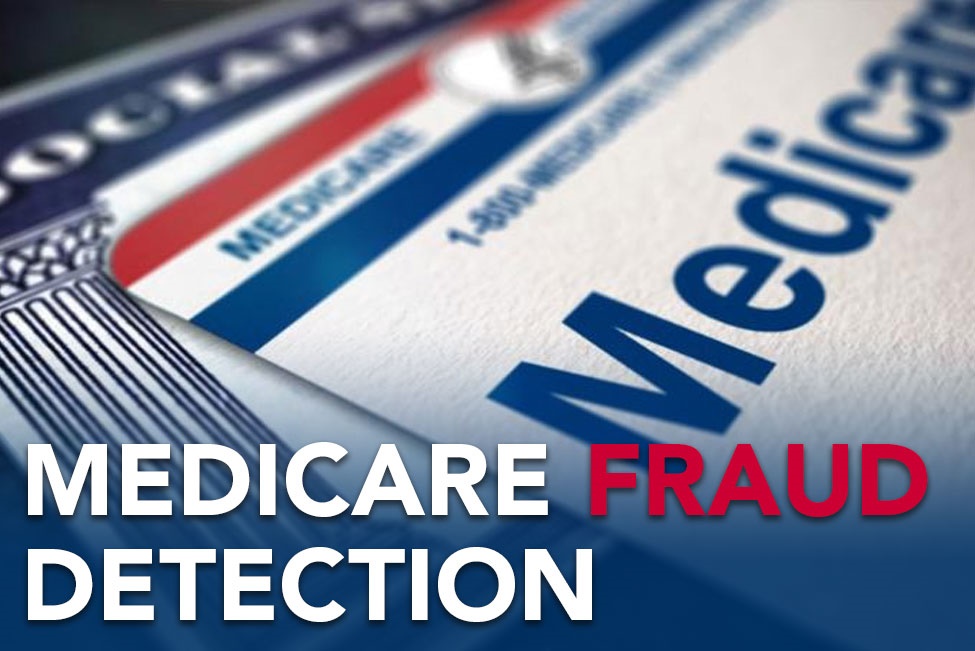Medicare Fraud: A Growing Concern

Medicare, a federal health insurance program primarily serving those aged 65 and older, is a vital lifeline for millions of Americans. However, it has also become a target for scammers and fraudsters. Medicare fraud, a serious crime that involves the misuse of Medicare funds, is on the rise, posing a significant threat to the program's integrity and the financial well-being of beneficiaries.
Types of Medicare Fraud
Medicare fraud can take many forms, but some of the most common types include:
- Billing Fraud: This involves submitting false or inflated claims to Medicare for services that were never provided or were not medically necessary.
- Identity Theft: Scammers may steal Medicare beneficiaries' personal information to use their identities to commit fraud.
- Kickbacks and Bribes: Healthcare providers may offer or accept kickbacks or bribes in exchange for referrals or for prescribing certain medications or treatments.
- Upcoding: This involves billing Medicare for a more expensive service than was actually provided.
- Phantom Patients: Scammers may create fake patients and submit false claims for services that were never rendered.
How to Protect Yourself from Medicare Fraud
While Medicare fraud is a serious problem, there are steps that individuals can take to protect themselves from becoming victims:
- Know Your Benefits: Understand your Medicare coverage and what services are covered. This will help you identify any suspicious or unusual activity.
- Review Your Statements: Regularly review your Medicare statements for any errors or charges that you do not recognize.
- Be Wary of Unsolicited Calls: Do not provide personal information to anyone who calls you unsolicited, even if they claim to be from Medicare.
- Use Caution with Online Interactions: Be cautious when sharing personal information online, especially when responding to unsolicited emails or texts.
- Report Suspicious Activity: If you suspect Medicare fraud, report it to the appropriate authorities. You can report fraud to the Medicare Fraud Hotline at 1-800-MEDICARE (1-800-633-4227).
By being vigilant and informed, we can all help combat Medicare fraud and ensure the continued integrity of this essential program!
Stewart Memorial Community Hospital is proud to offer free, confidential Medicare counseling year-round. SHIIP (Senior Health Insurance Information Program) Counselor Cindy Carstens is an experienced healthcare provider who has been trained through the State of Iowa to help individuals understand their benefits and rights and make the best decisions for themselves. To make an appointment with Cindy, call (712) 464-3171.